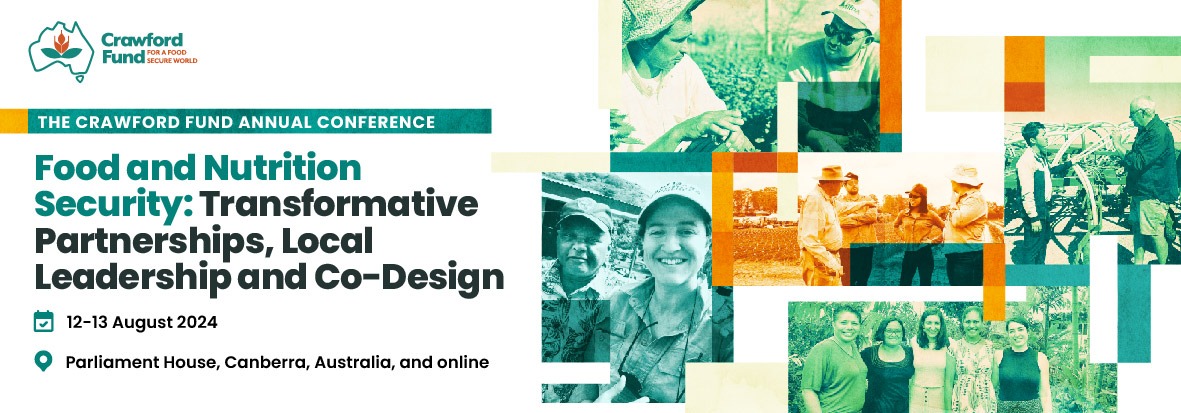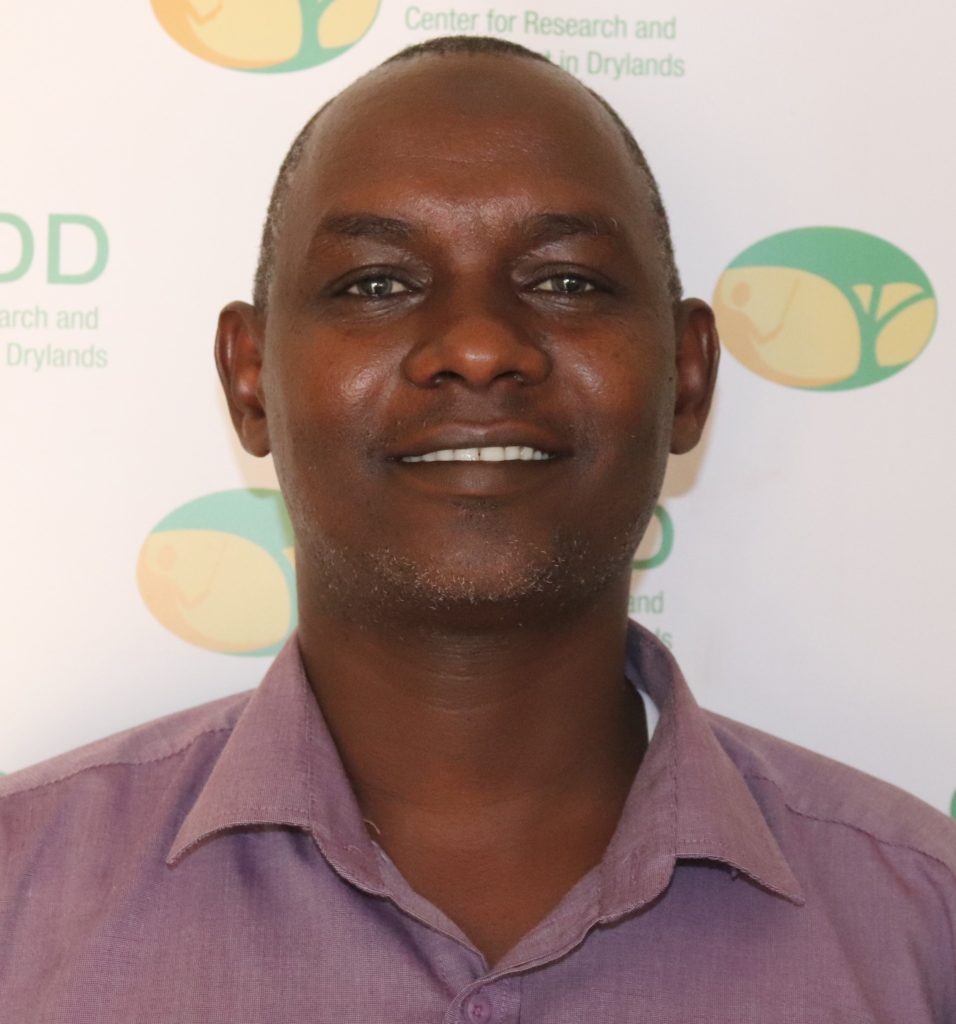

Mr Hussein Tadicha Wario
 Director, Centre for Research & Development in Drylands, Kenya
Director, Centre for Research & Development in Drylands, Kenya
Hussein Tadicha Wario has a Bachelor of Science degree from Jomo Kenyatta University of Agriculture and Technology, an MSc in Natural Resource Management and Sustainable Agriculture from the Norwegian University of Life Sciences and a PhD in Agricultural Sciences from the University of Kassel (Germany). He is currently Executive Director of the Centre for Research and Development in Drylands (CRDD), a non-profit research and development organization created by scientists originating from northern Kenya and trained in transdisciplinary and social-ecological research. His main areas of research interest are in the socio-ecological systems in the drylands of Africa. He currently leads implementation of a number of ongoing research projects that include enhancing women’s agency in navigating changing food environments to improve child nutrition in African drylands, local constructs of resilience in the phase of chronic uncertainty and increasing efficiency in rangeland-based livestock value chains through machine learning and digital technologies.
Session 3 case study 3 – Mr Hussein Wario, 2024 Crawford Fund Conference
Q&A Session 3 – 2024 Crawford Fund Conference
